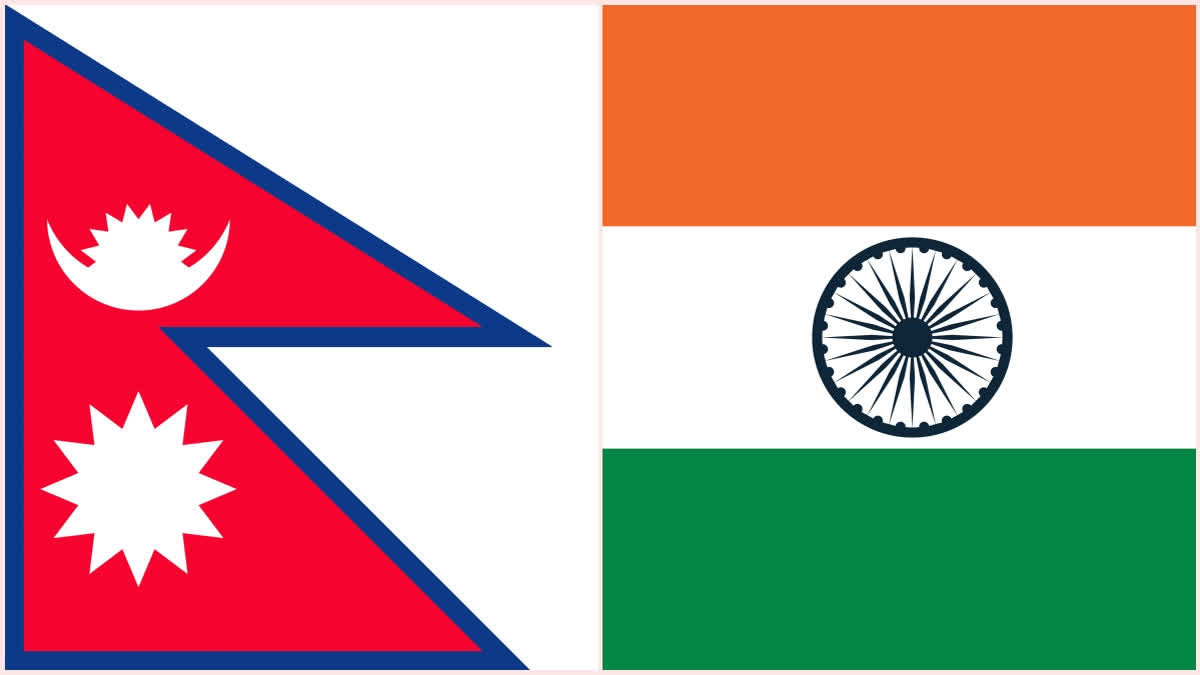New Delhi: The reappointment of Shankar Prasad Sharma as Nepal’s Ambassador to India a little more than a month after he was recalled under the previous government is yet another manifestation of how politics plays an important in the Himalayan country's diplomatic appointments in key countries.
According to reports in the Nepal media, Sharma is among the ambassadors recommended for 18 countries. Though he has been serving as Nepal’s Ambassador to India for the past two years, he was recalled from his posting last month following a change in government in Kathmandu. Now, with another change in government in Nepal earlier this month, Sharma has been reappointed to his post in New Delhi.
Sharma, who had served as Ambassador to the US earlier, was appointed as Ambassador to India in March 2022 after a new coalition government comprising the Communist Party of Nepal-Maoist Centre (CPN-Maoist Centre) and the Nepali Congress assumed power in December of the previous year. Though Nepal has a specialised foreign services cadre, ambassadorial appointments to key countries are usually political in nature. Sharma was appointed to India under the Nepali Congress's quota.
However, over the last few months, there has been a flurry of developments in Nepal's ever-changing political landscape. In March this year, Prime Minister Pushpa Kamal Dahal of the CPN-Maoist Centre severed all ties with the Nepali Congress and invited the Communist Party of Nepal-Unified Marxist Leninist (CPN-UML) led by former Prime Minister KP Sharma Oli to join the coalition. The other initial partners in this new coalition were the Rastriya Swatantra Party (RSP) and the Janata Samajbadi Party (JSP).
After the new coalition government came to power, on June 6 this year, ambassadors to 11 countries, including Sharma in India, were recalled.
Meanwhile, Dahal and Oli, though, were reportedly unhappy with the new arrangement. Dahal was cited as acknowledging that the current ad hoc politics in the country was unsustainable and stating that he could do precious little but keep shuffling ministers. That Oli too was not satisfied with the arrangement became evident when he described the annual budget presented by the government as a "Maoist budget".
All this led to mistrust between the CPN-UML and the CPN-Maoist Centre. Dahal then got in touch again with the Nepali Congress for over the last month or so to form a national consensus government. This became a major cause of mistrust between the CPN-UML and the CPN-Maoist Centre. However, when the Nepali Congress rejected Dahal’s proposal, the CPN-UML decided to take things in its own hands.
Following a series of swift political developments over the last week of June and the beginning of this month, Sher Bahadur Deuba, former Prime Minister and president of the Nepali Congress, and Oli signed an agreement on the intervening night of July 1 and 2 to form a new coalition government in Kathmandu. According to the deal, Oli, and then Deuba, will serve as prime ministers on a rotational basis during the three-and-a-half-year tenure left of the present government. The Nepali Congress and the CPN-UML, it needs to be mentioned, are the two largest parties in the House of Representatives in Nepal’s parliament. As such, when Dahal went for a floor test on July 12, he predictably failed. Following this, Oli was sworn in as the Prime Minister again.
